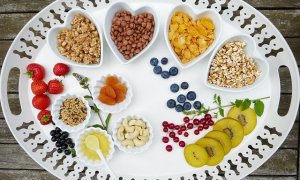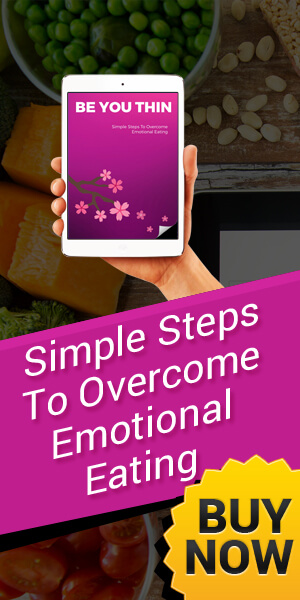 Veganism is a hot topic at the moment. There are some that say it is the movement that will save the world, while others roll their eyes and dismiss vegans as obnoxious hippies. But, what does science have to say about the matter?
Veganism is a hot topic at the moment. There are some that say it is the movement that will save the world, while others roll their eyes and dismiss vegans as obnoxious hippies. But, what does science have to say about the matter?
There is a lot to be said about a plant-based diet. There are a number of pros and cons that have been scientifically proven, but is there any conclusive evidence as to whether or not it should become a mainstream diet? This is what we will be looking at over the course of this article.
Let’s start by looking at the positive aspects of a plant-based diet.
Pro #1: You Still Get Your Protein
The main concern for people adopting a vegan lifestyle is where they will get their protein. Vegetarians can still get theirs from eggs and dairy, but vegans have to work a little harder. Fortunately, there are plenty of natural sources of protein, including soy, quinoa, beans and legumes. These natural proteins contain dietary fibre and are low in saturated fat, making them a dream come true for your average vegan.
Pro #2: It Can Reduce Your Chances of Getting Type 2 Diabetes
The number of people with diabetes is alarmingly high and this is vastly attributed to diets that are high in sugar and refined grains. Plant-based diets are rich in seeds, nuts, vegetables, whole grains and pulses – all of which have been linked to reducing the risk of developing diabetes and a range of other diseases.
Pro #3: The Diet Contains Some Vitamins
If you are wondering whether or not you will still consume all the vitamins you need to stay healthy on a plant-based diet, never fear. Foods that come from plants are often high in a range of vitamins and minerals. Soy, almond and rice milk all contain calcium and vitamin D, while fortified cereals will provide you with vitamin B12, which helps produce red blood cells and fight anaemia.
Pro #4: It Is Easier Than it Sounds
A decade ago, eating out as a vegan was nigh on impossible. Nowadays, however, the culinary landscape has drastically changed, especially in the western world. Cities are now full of vegan restaurants and cafés, serving the finest plant-based meals to those who need them.
So, now we know some of the benefits of a plant-based diet. What about the other side of the coin?
Con #1: Plant-Based Diets Lack Many Essential Nutrients
While plant-based diets provide some of the vitamins and minerals we need, it offers less than its animal-based counterpart. It can be hard for vegans to get enough iron and zinc in their system. To counter this, those on a plant-based diet will need to pay extra attention to ensure they consume the nutrients they need on a daily basis. Around 80% of vegans are deficient in iron and B12.
Con #2: It Is a Challenge
There is no doubt about it, cutting all animal-based products out of your diet is difficult and no one should make the change overnight. Gradually transition bit by bit and find out what works for you. If you feel tired or your hair and skin don’t look right it could be that you are becoming deficient in an important vitamin.
Ultimately, a plant-based diet works for some people and not for others. The only way to know if it will suit you is to try it out for yourself. Remember, there is no shame in deciding that it is not for you and reverting back to a diet with a mixture of plant and animal-based foods. The most important thing is your health.

































